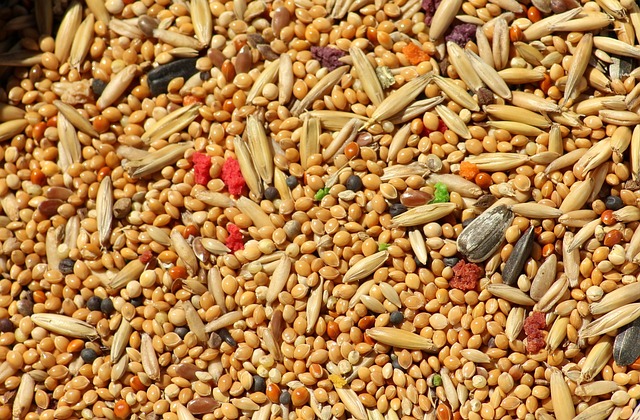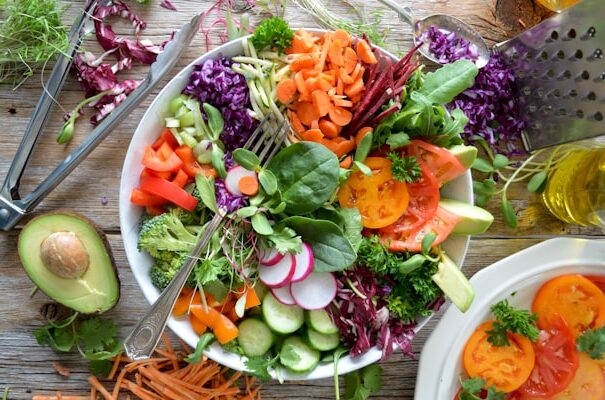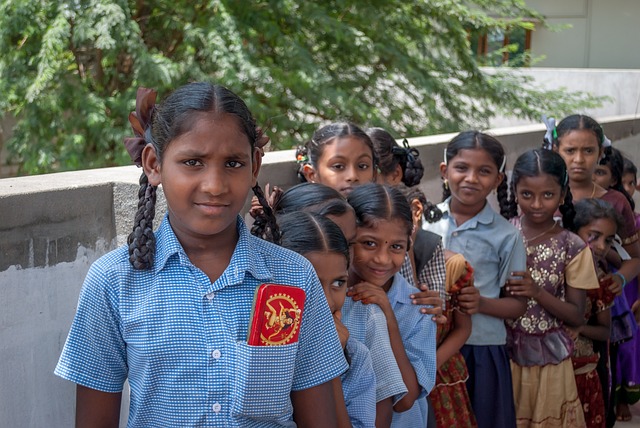What is School Age Children Nutrition
Children who start school, ranging in age from 7 to 12, are considered pre-pubescent or school age children. As they strive for independence, school children could search for bad meals. In addition, they frequently have a larger palate than their younger siblings. The body is prepared for a second growth surge during this time. This is the period of life that before puberty. so taking care of School Age Children Nutrition is important as it sets the stage for the teenage phase to begin once it ends.
School Age Children Nutrition matter a lot. During this period, the growth rate is consistent yet modest. The body goes through several physiological and behavioral changes. Thus, a balanced diet that includes foods high in protein, such as milk and dairy products, lean meat, poultry, and fish, as well as cereals, nuts, oilseeds, fruits, and various vegetables, should be consumed in the recommended amounts. Four to five meals should be have at each day.
In order to achieve proper body composition during this period, both a healthy diet and exercise are necessary.
Physiological and behavioral changes that occur during this phase:
The “School Age Children Nutrition” has to be taken care of since these children are growing and exhibiting a lot of behavioral and physiological changes. some changes are mentioned below:
- Children in this age group will undergo significant changes in terms of height, weight, and body construction. While the males’ muscle mass is increasing, the girls’ adipose tissue started to collect fat. In both, bone mineralization occurs continually.
- The blood volume grows over these years to accommodate the physical changes taking place in the body, such as the synthesis of new tissues and an increase in metabolic and physiological activity.
- It is expected that secondary sexual features will develop during this time. Girls develop their breasts, while boys start to grow their testicles.
- During this stage, children also experienced certain behavioral changes, such as picking foods more carefully. Their level of independence rises. Children become moodier. Acceptance among peers rises as well.
School Age Children Nutrition:-Nutritional requirements
Children continue to grow during this period of development. Boys and girls have the same dietary requirements up to the age of nine. Following that, their body composition varies, resulting in altered dietary needs.
Boys and girls have different needs when it comes to calories. The need for protein also rises with ageing. Around the age of ten to twelve, when menarche is about to begin, girls need more protein than males. Proteins are mostly needed by boys for the production of hormones and the development of muscle.

Helping food for School Age Children Nutrition
Cereals and grains
Children can be fed whole-grain meals such as chapatti, paratha, whole-wheat bread, Ragi roti, oats, and Makkai roti. As cereals and grains are good sources of carbohydrates, they play an important role in fulfilling the School Age Children Nutrition.
Vegetables
You may feed fresh green leafy vegetables like spinach, fenugreek leaves, cabbage, and other veggies like cauliflower, bottle gourds, peas, carrots, and broccoli, along with other veggies like capsicum, okra, and many others.
Good sources of protein include fish, eggs, poultry, lean meat, and shellfish like prawns.
Milk and milk products
Protein and fat may both be found in milk. So, it is recommended to regularly consume milk and milk products.
Nuts and oilseed
Almonds, Pistache, raisins, and flaxseed can be given.
Fruits
A variety of fruits are available according to the season. Fruits like apples, bananas, sapotas, custard apples, grapes, watermelon, and oranges should be offered to kids.
You May also like: Toddler nutrition
Several dietary recommendations
Children’s appetites are never the same. In addition, these students have lunchboxes with them. Thus, make sure the lunch box has the appropriate amount and quality of food. Parents must encourage their children to eat all food types in moderation as well as new dishes.
This age group of kids could enjoy packaged, unhealthy meals. Try to avoid this type of food. Food variations need to be offered in terms of taste and color.
Healthy cuisine also requires healthy eating habits. Avoid food while watching TV, on mobile devices, or playing video games.
Encourage your kids to participate in outdoor sports since physical activity is essential for bodybuilding. For general fitness and physical well-being, this is crucial.
Children who have sedentary lifestyles and lack physical activity may be overweight or obese. These kids are at a high risk of growing up to be fat adults. Healthy living and eating habits are critical to overcoming this issue.








